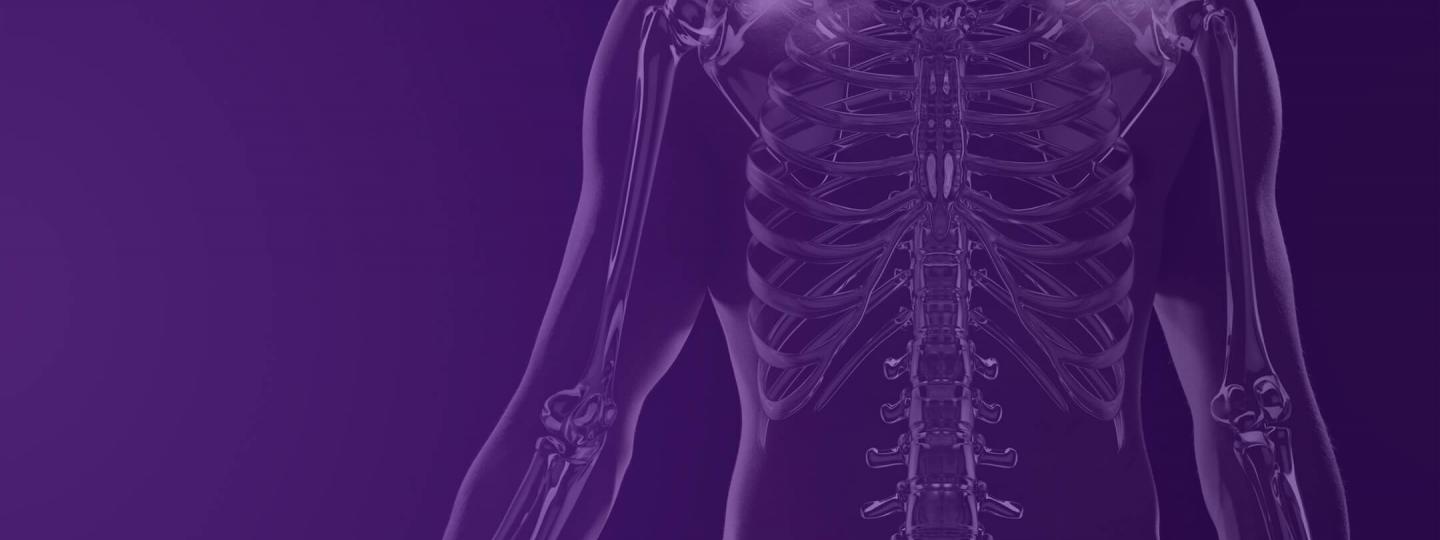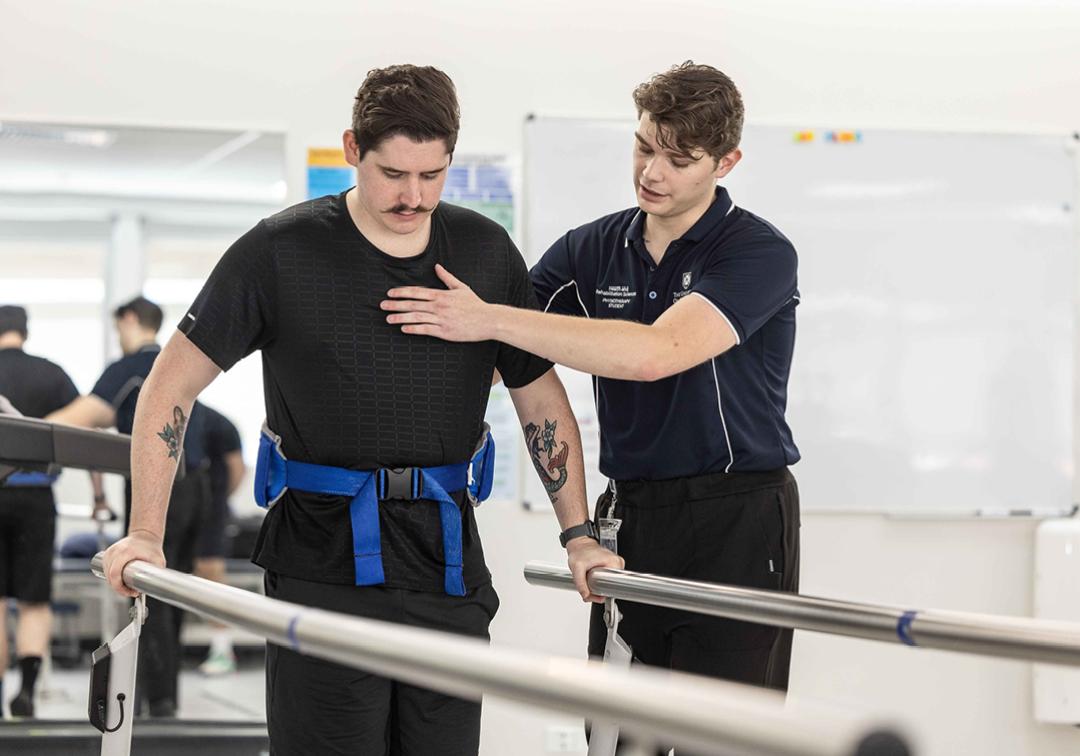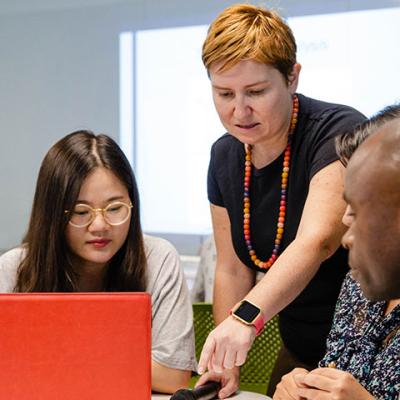
Graduate Certificate in Epidemiology
Overview
If you’re interested in studying the distribution and determinants of health and disease, enjoy maths and science, and want a career where you can make a difference, a degree in epidemiology may be for you.
The Graduate Certificate in Epidemiology is a flexible and comprehensive program which will develop your understanding of core principles, approaches and analytic strategies used in epidemiology.
Epidemiology is particularly suited if you're a graduate of medicine, nursing, allied health, health sciences, nutrition and statistics, or if you want to advance your skills in health research methods.
Core courses will build your knowledge of the scope epidemiology and biostatistics. Elective courses cover areas such as clinical practice and statistical methods.
You may choose to progress to the Graduate Diploma in Epidemiology or the Master of Epidemiology. As epidemiology courses are taken from the same course list, you can transfer study credits across the programs.
Program highlights
- Gain advanced level skills in epidemiology and biostatistics, and contribute to improving population health and increasing life expectancy.
- Develop specialist qualifications in a core public health discipline from a leading Public Health school.
- Learn from experienced teachers and academics who have contributed to major public health projects globally.
- Benefit from options to study online, on campus, or a combination of both, so you can structure your study to suit your needs.
How you'll learn
Your learning experiences are designed to best suit the learning outcomes of the courses you choose.
- Lectures
- Tutorials
What you'll study
At UQ, degrees are called 'programs' and subjects are called 'courses'. Here's a sample of the courses you could study in this program:
- Introduction to Epidemiology
- Introduction to Biostatistics
- Epidemiology in Practice
- Methods of Clinical Epidemiology
Career possibilities
Postgraduate study can take you anywhere. Here are some of the careers you could be on your way to:
- Epidemiologist
- Biostatistician
- Research associate
- Research fellow
- Clinical research officer
- Medical officer
Events
See all events
9 June
Master of Physiotherapy information webinar
Stories
See all stories
UQ people
Chiemeka’s PhD story: cost-effective treatment for brain disorders
4-minute read

UQ people
Beatris’ PhD story: mapping epidemics to protect public health
5-minute read
Stories
See all stories
UQ people
Chiemeka’s PhD story: cost-effective treatment for brain disorders
4-minute read

UQ people
Beatris’ PhD story: mapping epidemics to protect public health
5-minute read
Entry requirements
Entry requirements
To be eligible for entry, you'll need:
- a bachelor's degree (or equivalent) in a relevant discipline (see below), or
- a bachelor's degree (or equivalent) in any discipline, plus 1 year full-time equivalent relevant work experience in a healthcare, public health or research setting, or
- to have completed post-secondary studies and have 2 years full-time equivalent, relevant work experience in a healthcare, public health or research setting.
You must have a grade point average (GPA) of 4.0 on a 7-point scale in your previous qualification.
- a bachelor's degree (or equivalent) in a relevant discipline (see below), or
- a bachelor's degree (or equivalent) in any discipline, plus 1 year full-time equivalent relevant work experience in a healthcare, public health or research setting, or
- to have completed post-secondary studies and have 2 years full-time equivalent, relevant work experience in a healthcare, public health or research setting.
You must have a grade point average (GPA) of 4.0 on a 7-point scale in your previous qualification.
Relevant disciplines for previous qualifications
Relevant disciplines include advanced sciences, behavioural and social sciences, biomedical sciences, biostatistics, counselling, dentistry and oral health, development studies, environmental health, environmental science, exercise and sport science, food science, health economics, health management, mathematics, medicine and medical sciences, nursing, nutrition, occupational health and safety, occupational therapy, pharmacy, physiotherapy, psychology, public health and health sciences, science, sociology, speech therapy, and veterinary sciences.
Related programs
Depending on your previous qualifications and current goals, you might want to consider
one of these related programs:
English language requirements
IELTS overall 6.5; reading 6; writing 6; speaking 6; listening 6. For other English Language Proficiency Tests and Scores approved for UQ
TOEFL iBT (including Paper Edition) - Overall 87, listening 19, reading 19, writing 21 and speaking 19.
PTE Academic - Overall Score of 64 and 60 in all sub bands.
BE - A minimum overall grade of 4 plus a minimum grade of C in all macro skills.
CES - Overall 176 and 169 in all sub bands.
OET is not accepted.
There are other ways to meet the English language requirements. For some programs, additional conditions apply.
Student visas
This program does not meet the eligibility requirements for an Australian Student visa (subclass 500).
To study this program in Australia you will need a temporary visa or residency status with study entitlement. Some programs can also be studied from outside Australia.
Fees and Scholarships
Indicative annual fee
Approximate yearly cost of tuition (8 units). Your fees will vary according to your selected courses and study load. Fees are reviewed each year and may increase.
$4,660
2025
Approximate yearly cost of tuition (8 units). Your fees will vary according to your study load. Fees are reviewed each year and may increase.
AUD $23,600
2025
Government assistance
Financial aid
As an international student, you might be eligible for financial aid – either from your home country, or from the Australian Government.
HECS-HELP
Domestic places in the Graduate Certificate in Epidemiology are Commonwealth supported, as long as you meet all Commonwealth supported place eligibility requirements.
This means the cost of your education is shared between you and the Australian Government. Instead of tuition fees, Commonwealth supported students pay what are called student contribution amounts.
If you have a Commonwealth supported place, you may also be eligible for HECS-HELP. This is an Australian Government loan scheme to assist eligible students with the cost of their student contribution amounts.
Centrelink support
The Australian Government offers a number of income-support payments to eligible Australian university students.
Scholarships
You may be eligible for more than 100 scholarships, including:
How to apply
Applying online
All international applications should be submitted to UQ. The program code for the Graduate Certificate in Epidemiology is 5478.
International students who want to study this program will not be eligible for a Student Visa (subclass 500).
To study this program in Australia, you will need an Australian visa or residency status with sufficient study entitlement. Some programs can also be studied from outside Australia.
Applying online
All domestic applications should be submitted to UQ.
The program code for the Graduate Certificate in Epidemiology is 5478.
Important dates
The closing date for this program is:
- To commence study in semester 2 2025 - 5 May 2025 (with offer acceptance due 18 May 2025).
- To commence study in semester 1 - November 30 of the previous year.
Visa processing times vary. Apply and accept your offer as early as you can.
To learn more about UQ dates, including semester start dates, view the Academic Calendar.
Important dates
The closing date for this program is:
- To commence study in Semester 1 - January 31 of the year of commencement.
- To commence study in Semester 2 - June 30 of the year of commencement.
To learn more about UQ dates, including semester start dates, view the Academic Calendar.
Aboriginal and Torres Strait Islander applicants
For support with applying – or if you have any questions about university life – get in touch with our Aboriginal and Torres Strait Islander Studies (ATSIS) Unit.
Explore other programs
Express yourself. And your interest.
They say choosing a degree is hard, which is why we've made it easy. Register your interest and we'll send you everything you need to know about applying to UQ.




